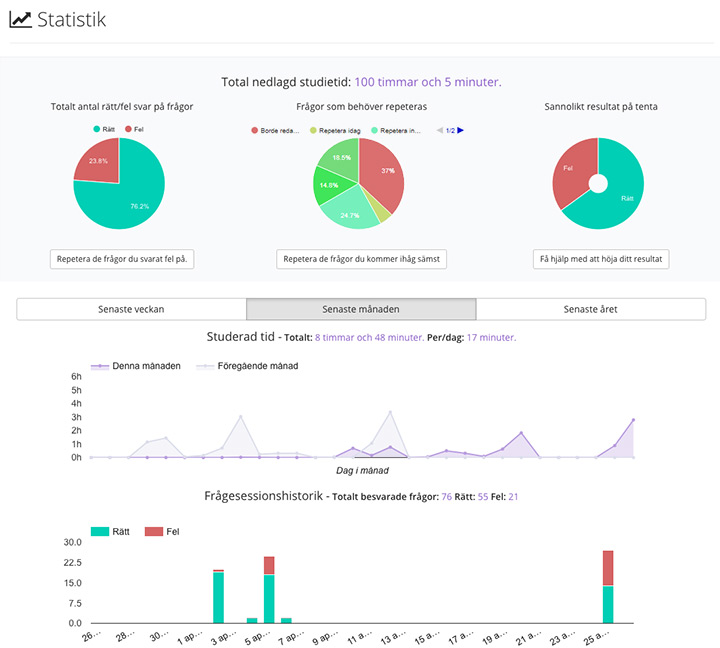Nobody will have missed the EU introducing a new data protection regulation called GDPR May 20, 2018. www.eugdpr.org/key-changes.html
GDPR is very good for the integrity of EU citizens on the internet, it does not really contain much more than the rules that one expects a transparent and ethical company to follow.
In earlier posts we have told you why we save data and how it is intended to be used: https://blog.cortexio.se/category/research/ and about our security: https://blog.cortexio.se/2016/11/23/security-on-cortexio/
Personally linked information
Here we use personally linked data in Hypocampus:
- ID
- Study results
- Content
- Research
- Payment
1. Identification
When you create an account on Cortexio, you have to enter your e-mail, which becomes the identification that the account information is linked to and together with the password is required for login. The email address is also used to reset the password and to get news about Cortexio or a site on Cortexio, for example when you are invited to a course or weekly letter (which is opt-in). You can also fill in the name and school to facilitate the social interaction in the system, but it is not necessary.
2. Study result
Cortexio saves information about your study activity: results on questions, questions answered, chapters read and time spent. These are important parameters for being able to provide suggestions that optimize your studies. If you attend a course led by a designated teacher, this information will be shared with the teacher.
3. Content
When you make notes, markings, upload media or author chapters, it is saved in Cortexio. This content will not be available to other users unless you actively share it with them. If you choose to share content, the name you entered in the system will show as the author.
4. Research
In order to improve Cortexio, and digital learning platforms in general, Cortexio has, and will, participate in research together with Universities and researchers. Personally linked data in Cortexio will never be used in research without your approval. Prior to approval, you must have been well informed about the purpose and consistency of the research and use of your study data. Personal information is always anonymized in research.
5. Payment
Upon payment, a purchase associated with your account is recorded on the amount and type of purchase. If the payment is unsuccessful, an error message is saved with the type of purchase that was attempted and why it failed. We do not store credit card information.
Get saved information
It is possible to find out and download all personal information stored on Cortexio.
Contact us at info@cortexio.se to find out what information is linked to your account and how you can get it in a readable format.
Delete information
Contact us at info@cortexio.se to delete your user information.
